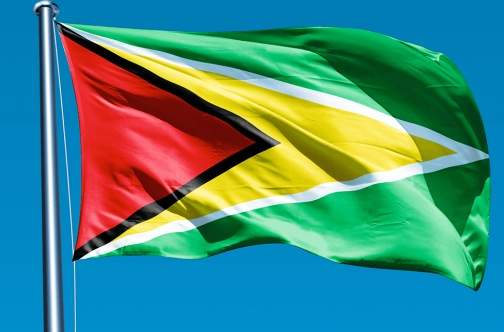(GuyanaChronicle)GUYANA’S economy is on the rise and this is credited to the government’s modernization plans and implementation of prudent fiscal policies.
According to the International Monetary Fund (IMF)’s report documenting the conclusions of its Article IV Consultation with local authorities, Guyana has experienced record real Gross Domestic Product (GDP) growth, with a staggering 62.3 per cent increase in 2022 – the highest in the world.
The growth is expected to continue in 2023, with a projected 38 per cent increase in real GDP, as Guyana continues to build its image as a top destination for investment.
Pointing to sector achievements which drive this growth, the IMF report highlighted that oil production is ramping up with the coming on stream of a third oil field, and growth in the non-oil sector, which is supported by the implementation of a fast-paced public investment programme focused on providing transportation, housing, and flood management infrastructure, and raising human capital.
Spillovers from oil and construction are supporting growth in the services and supplies sectors, while agriculture, mining and quarrying are also performing well.
After a strong 2022, in the first half of 2023, real non-oil GDP grew by 12.3 per cent. The report stated that the outlook for medium-term growth is better than ever before, as the country’s oil production will continue to expand rapidly with three new approved fields set to come on stream between 2024 and 2027, and a sixth field is expected to come on stream in the first half of 2028.
Sustained real non-oil GDP growth of 5.5 per cent is projected, as the government continues its ambitious plans to address developmental needs, the IMF said.
“Guyana’s favorable medium-term growth prospects are accompanied by upside and downside risks. On the upside, further oil discoveries would continue to improve growth prospects.
“Construction growth and strong public investment may support higher than expected short-term non-oil growth, but could also lead to inflationary pressures and the appreciation of the real exchange rate beyond the level implied by a balanced expansion of the economy, overheating, and the crowding out of credit to the private sector,” the international organization said, adding: “Adverse climate shocks, and volatile or lower than projected commodity prices, may also negatively impact the economy.”
However, the IMF acknowledged that the fiscal and monetary policy mix is appropriate at this time.
“The IMF views the current expansionary fiscal policy stance as appropriate, given the country’s development needs and the existing slack in the economy,” the international organization said.










